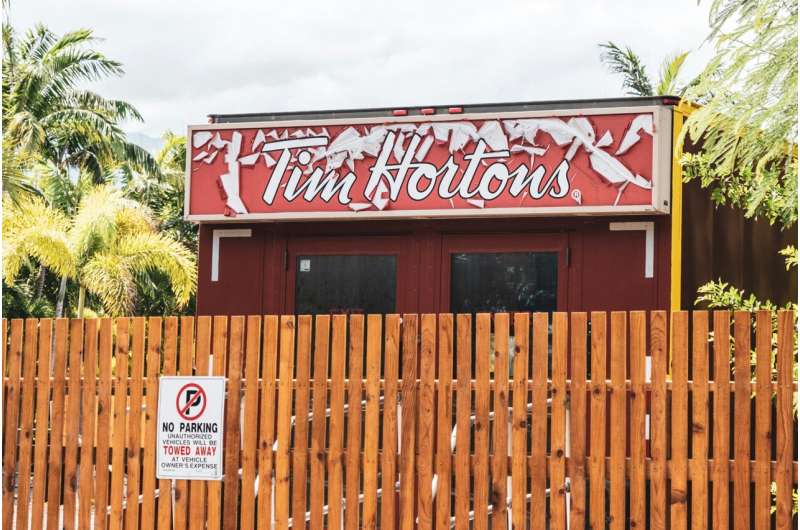The University of Hawaiʻi Economic Research Organization (UHERO) conducted a comprehensive survey on the aftermath of the devastating Maui wildfires in August 2023, revealing a sharp and persistent increase in poverty, housing instability, and economic challenges faced by the affected community. This blog post explores the key findings from the UHERO survey and the importance of timely data collection to address the ongoing recovery efforts. Poverty and housing instability have become widespread issues in the wake of the Maui wildfires.

Scary Socioeconomic Aftershock
The UHERO survey reveals a grim scenario of what Maui residents are doing to get back on their feet as they recover from the Wildfires. Data shows the proportion of fire-affected households living below the poverty line has more than doubled from 14% in advance of the August 2023 event to a startling 29% now.
Adding to this is a skyrocketing increase in the rent costs of fire-impacted households. A stark sign of housing instability in the region, these households pay 43% more for the same or fewer bedrooms, according to the survey. In addition, nearly one in five respondents said their income had been halved, pushing the burden on these families.
Untangling the Data Gaps and Transparency Issues
A crucial gap in information on the ground in Maui has been uncovered by the UHERO survey. The report found that most data about the fire-affected community is held by federal and state agencies, which often was not publicly available, updated infrequently, or shared between agencies. This lack of openness has thwarted public accountability and effective coordination among stakeholders, complicating understanding the actual rate of recovery or identifying missed opportunities.
One year after the wildfires, the Maui Recovery Survey fills this void as a live data source that continues to document the well-being of residents and households who resided, worked in, or owned businesses in affected areas. From this initiative, it is clear that there is a need for real-time data collection and an increased emphasis on transparency during the recovery process.
Boosting Maui Recovery Through Data-Informed Insights
UHERO Executive Director Carl Bonham emphasized the importance of the Maui Recovery Survey as a critical tool for gauging and supporting recovery efforts in the region. The results of the survey also offer a grim lesson that the consequences of natural disasters can have far-reaching, greater hold over demographics who already are disadvantaged.
Insight into these enduring challenges can help policymakers, relief organizations, and community leaders structure their support to better reflect the ongoing needs of the Maui population affected by fire. This information will allow decision-makers to use resources more effectively and craft targeted interventions aimed at providing better help for those in need of a solid foundation. In the end, the Maui Recovery Survey is a very good step forward to a more resilient and equitable future for the people of Maui.
